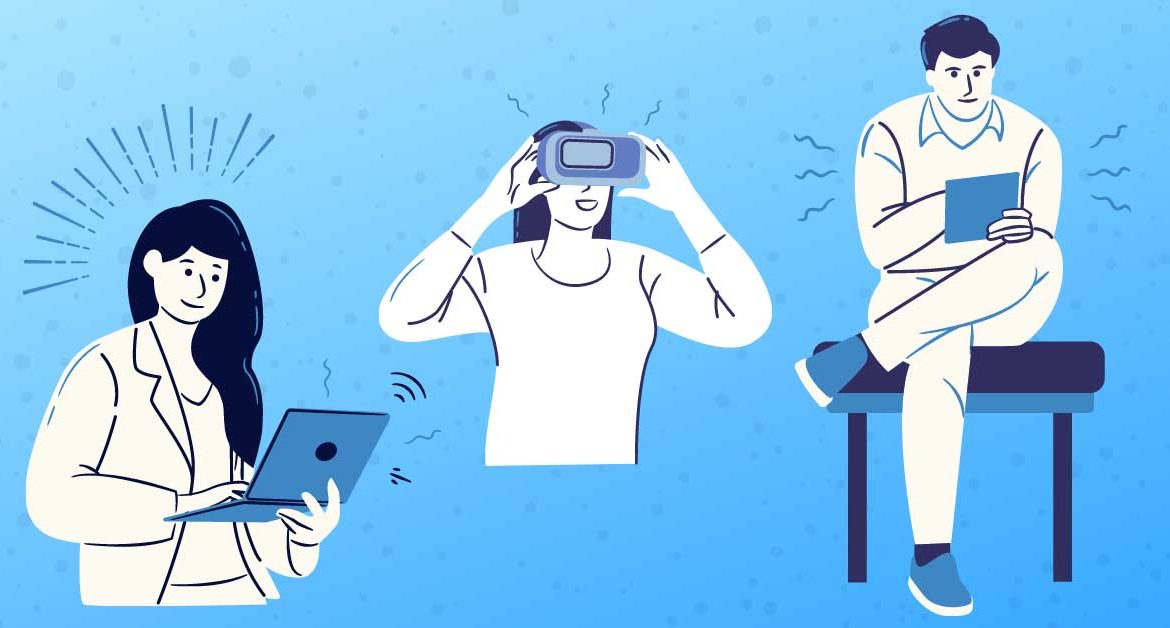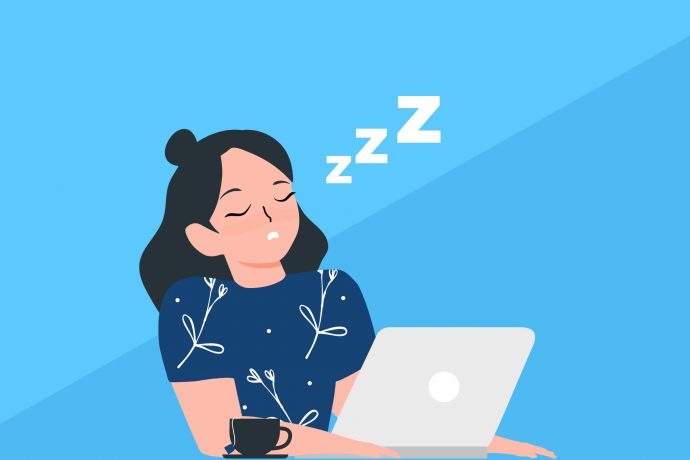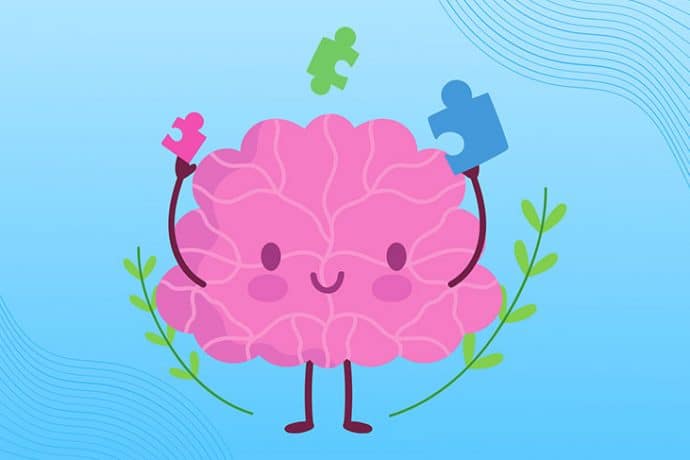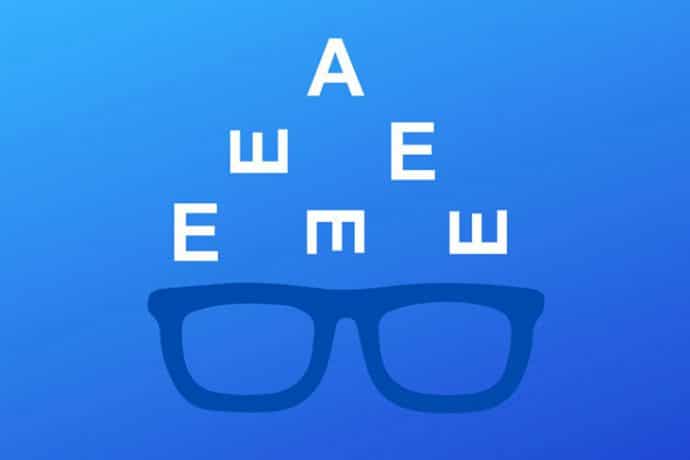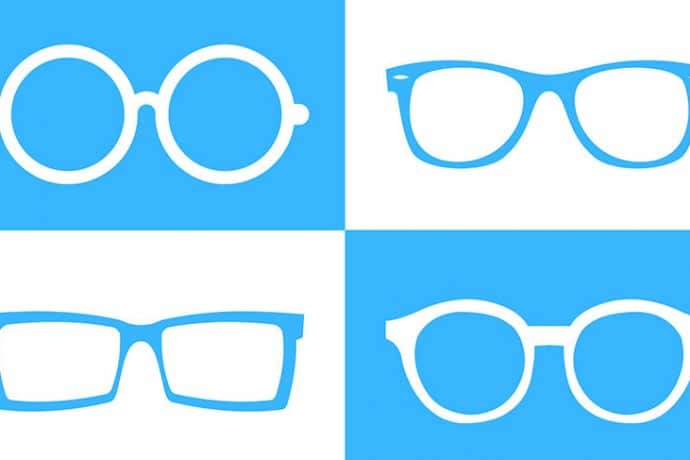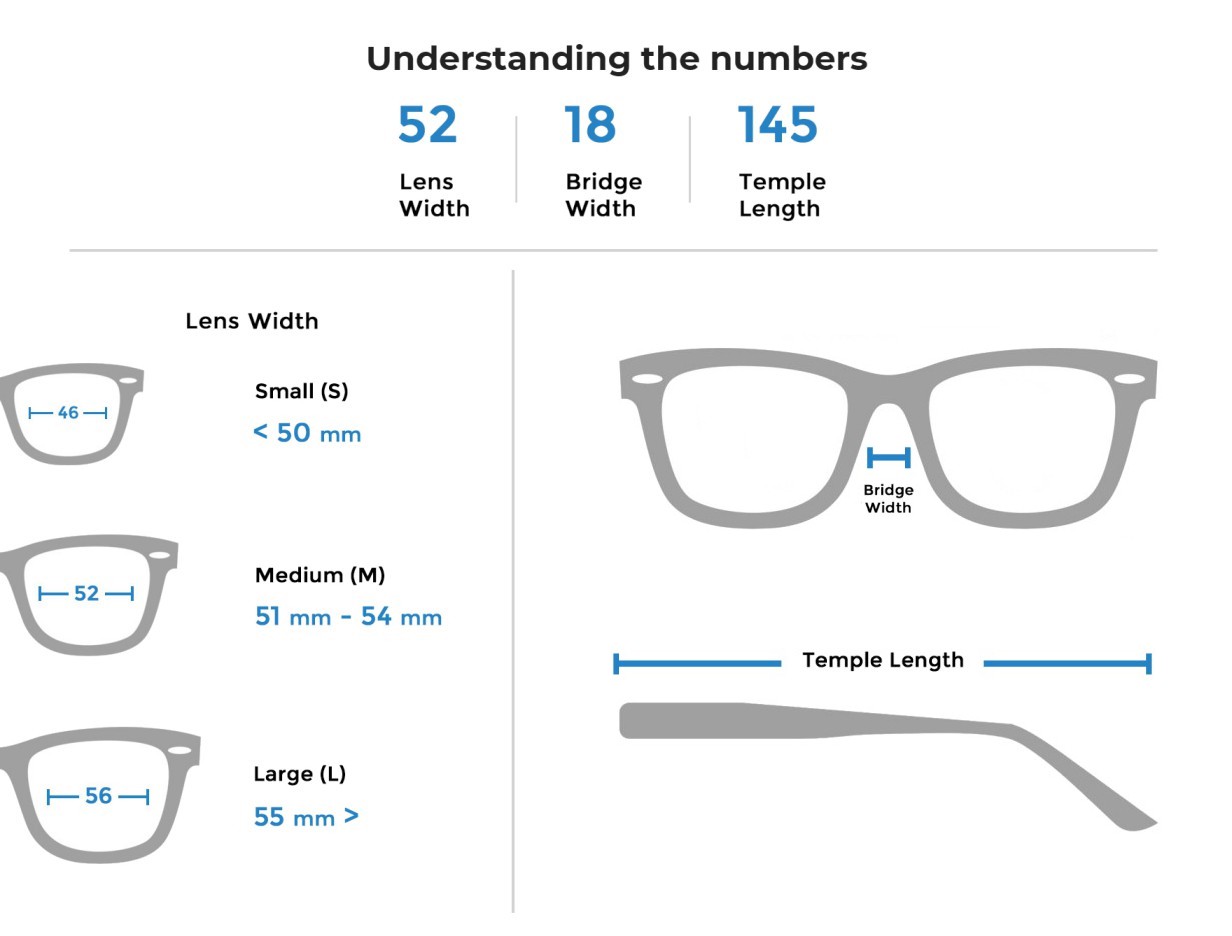5 Surprising Effects Of Too Much Screen Time
Today, more than ever, our everyday lives revolve around using screens. We use laptops and PCs for work, and our mobile phones are used for much more than just communication: we facetime, read, play games, use it as a bus pass or in place of a credit card…
When it all adds up, screen time per day can reach more than 9 hours. A 2014 Nielsen report found that adults report a total of 11 hours of screen time per day. That’s more than most people sleep.
While there are numerous benefits of our world slowly fitting into our phones, there are also drawbacks.
Today, we’re going to touch upon the harmful side effects of too much screen time that are experienced by people of various ages – from kids and teens to seniors.
1. Eye strain and vision problems
Digital Eye Strain is one of the harmful effects of too much screen time. It is a combination of eye-related issues emerging after extended screen use. Many individuals report experiencing eye discomfort and vision problems when sitting in front of digital screens for more extended periods of time.
Some of the most frequent symptoms connected to digital eye strain are:
- eyestrain
- headaches
- blurred vision
- dry and sore eyes
- shoulder and neck tension or pain
In most cases, digital eye strain is not a severe issue and can be minimized by taking a screen break or by following the 20-20-20 rule: Every 20 minutes of looking at a screen, take a break and look at something 20 feet away for 20 seconds.
Let your eyes move away from the screen (close your eyes, look around the room or look out the window) and, if they’re feeling dry, use some eye drops.
Blue light glasses could also help minimize the damaging effects of blue light that comes from our screens.
By filtering out the maximum amount of blue light, blue light blocking glasses help our eyes to be more relaxed during screen time. Read more on what to consider before buying your pair of blue light glasses.
If none of these solutions feel like a fit for you, remember to blink more often while being in front of a screen. 🙂
2. Sleep Deprivation
Too much screen time during nighttime can confuse your brain into thinking it’s still daytime.
That leads to your brain suppressing melatonin production and equals having a hard time falling asleep, even though you might feel tired.
Furthermore, not only can you experience problems falling asleep, but you can also find it hard to stay asleep. As a result, people sleep a total of fewer hours.
Over time, that kind of sleep deprivation can cause numerous problems, such as:
- moodiness and depressive states
- fatigue,
- poor mental health
- impacted memory and focus
- weakened immune system
- high blood pressure
Taking specific steps leading to lifestyle changes can minimize sleep deprivation caused by excessive screen time.
Try to stay away from technology for at least 1 hour before sleep.
Take a hot bath, do some yoga, or grab your favorite book instead.
Move technology out of your bedroom. No TVs, Kindles, or phones while in bed. Your bedroom is a resting space, and it should stay calm and peaceful at all times.
Invest in a diffuser and put a few drops of lavender oil in it. This particular scent could help you feel more relaxed before hitting the hay.
If you cannot stay away from the screen before sleep, you should consider protecting your eyes with blue light blockers.
If you or someone you know has trouble falling asleep, check out our ideas for some useful gifts.
3. Cyber-Sickness
Another surprising effect of too much screen time is digital motion sickness, or as some call it, cyber-sickness. People could describe cyber-sickness as feeling “off” after a longer scrolling or using your computer. People report experiencing feelings similar to motion sickness, nausea, and dizziness.
Dr. Briar Sexton, a neuro-ophthalmologist based in Vancouver, claims: “Motion sickness is caused by a mismatch between the information being received and processed by the eyes, inner ear, and brain.”
For example, when you’re on a boat, your body feels like it’s moving, but your eyes tell you that you’re sitting in a room, so you feel sick, claims Dr. Sexton.
Digital motion sickness occurs because the opposite is happening: Your eyes recognize movement, such as rapidly scrolling on a screen, but your body is stationary.
Mechanisms for coping with cyber-sickness include lower light settings on a screen, adjusting your head position and viewing angle, and downsizing the amount of scrolling.
Other ways include creating distance between your eyes and the screen or sitting at a distance and consuming as much information as you can on the screen before moving down to another block of text. That way, you reduce the amount of eye movement.
For some, looking away from the screen at a fixed point in the distance or plain background and doing some breathing exercises for several minutes may be enough to calm down.
4. Text Neck
Our fourth unusual effect of too much screen time is a syndrome called Text Neck. Text neck is a term coined by US chiropractor Dr. DL Fishman, which describes repetitive stress injury and discomfort in the neck that emerges from the excessive use of handheld devices over a continued period of time. It is also known as the Turtle Neck posture or anterior head syndrome.
The symptoms of a Text Neck can include:
- Stiff neck: soreness while moving the neck, usually present when trying to move the neck after a long period of time in front of the screen
- Pain: localized to one place or diffused over an area, usually in the lower part of the neck; described as dull aching, in extreme cases sharp or stabbing
- Radiating pain: radiation of pain into the shoulders and arms
- Muscular weakness: shoulders muscles such as trapezius, rhomboids, and shoulder external rotators are often weak
- Headache: sub-occipital muscle tightness can lead to tension-type headaches.
When it comes to Text Neck, prevention is the key.
Avoid excessive screen time, and take frequent breaks.
Minimize the time of prolonged static postures.
Position the screen in a way that reduces stress both on the head/neck and the upper extremities.
Avoid repetitive movements such as prolonged typing, swiping, or scrolling.
Switch hands – don’t hold large or heavy devices in the same hand for a longer period.
5. Downsized Span Of Attention
Our last and surprising effect of too much screen time (including the use of social media, playing video games, or simply watching TV) is the increased risk of attention problems. This is especially prominent in children, teens, and young adults.
In research conducted by the US National Library of Medicine, it was concluded that increased screen-time in pre-school is associated with more serious inattention problems. Moreover, increased screen-time has been associated with unhealthy dietary patterns, poor sleep quality, cardiovascular disease, and obesity in children.
French scientists wanted to research the association of screen time with self-perceived attention problems and hyperactivity levels in French students. The group they tested consisted of 4816 graduate, French students who were at least 18 years old.
Results of this large cross-sectional study among French university and higher education students revealed dose-dependent associations between screen time and self-perceived levels of attention problems and hyperactivity.
This negative effect is still yet to be further researched and studied, but it is still important to prevent it before developing serious issues.
To conclude:
Take multiple short breaks from screens, close your eyes, do a short workout while taking a break from work, wear blue light glasses, and finally, try to limit screen time.
All these steps are crucial in preventing the harmful effects of too much screen time, but also in helping you maintain peace of mind that is so important for all your daily tasks.
Are you interested in learning more about blue light and its dangerous effects on our eyes and brain? Visit our blog and read more blue light and sleep-related articles.
If you have any additional questions, reach out by emailing us at help@bluwinx.com!

